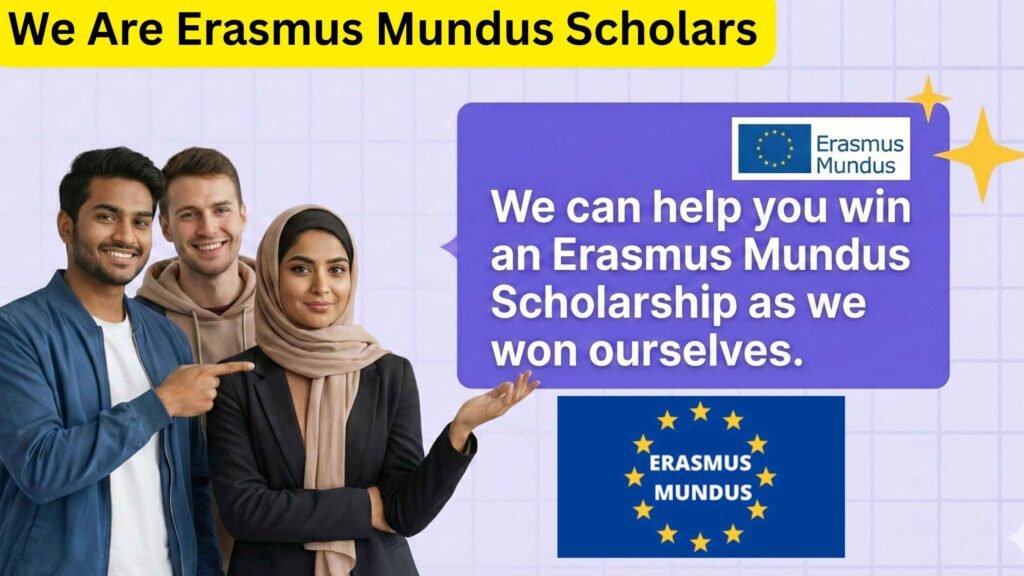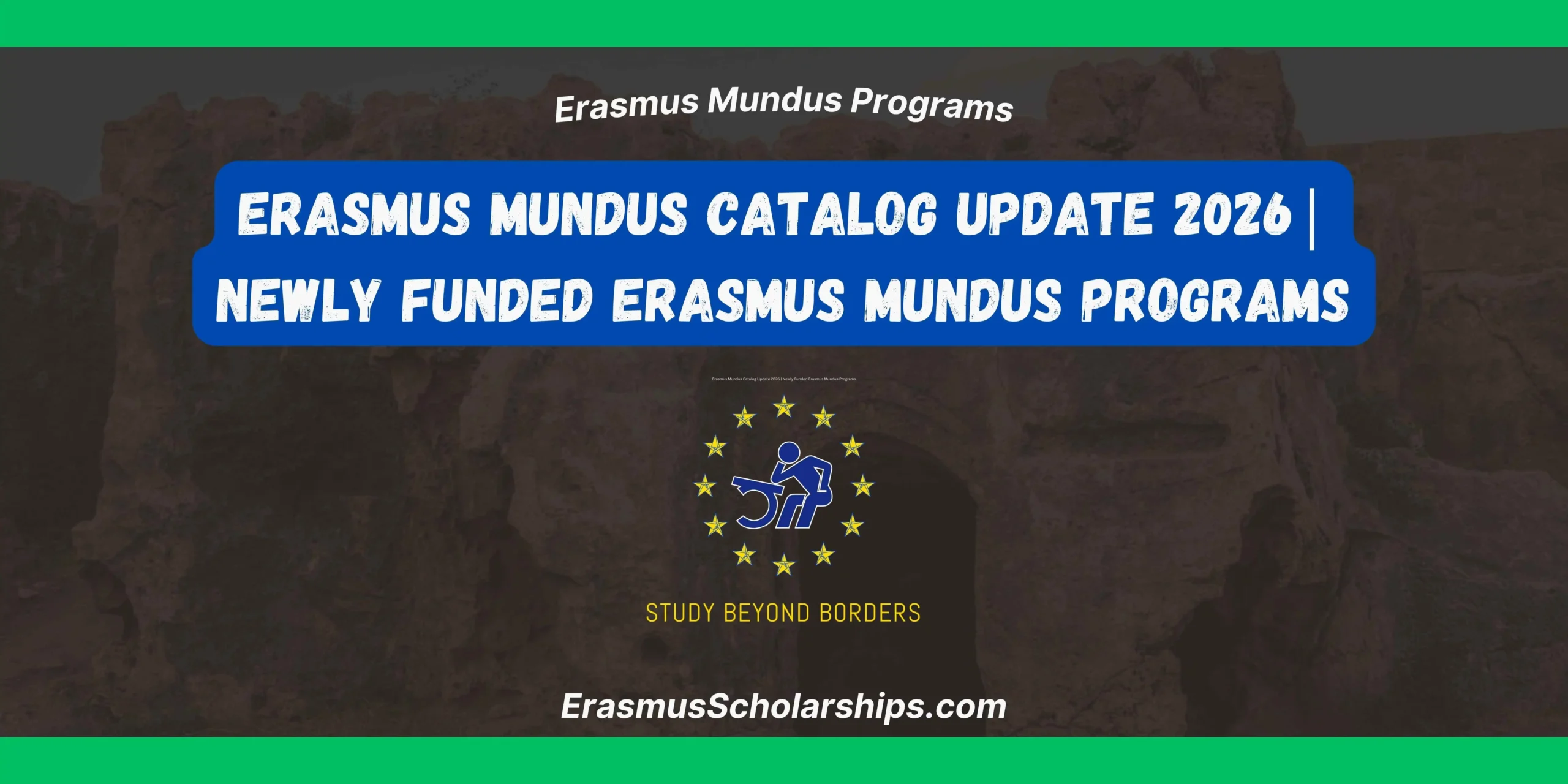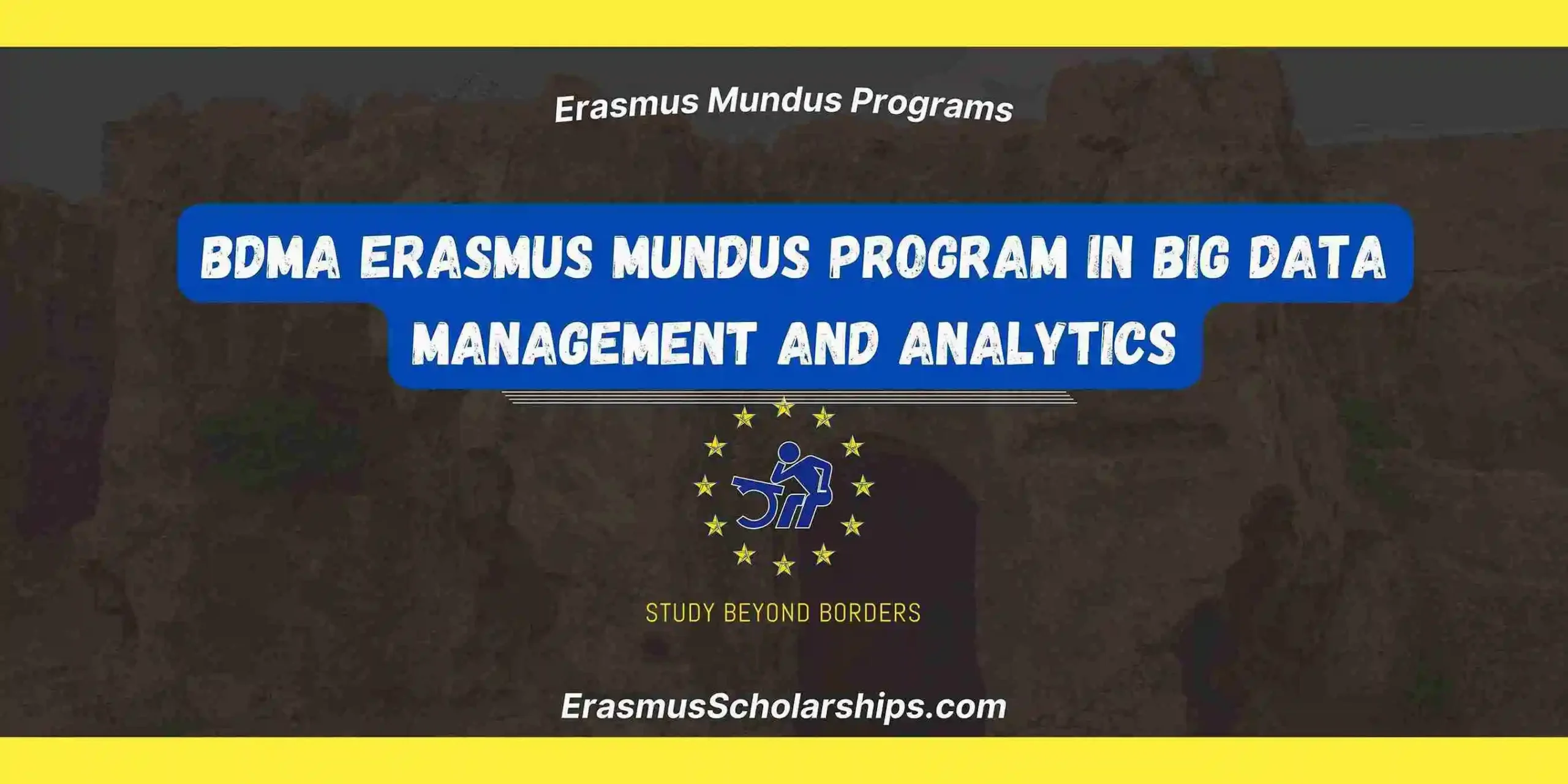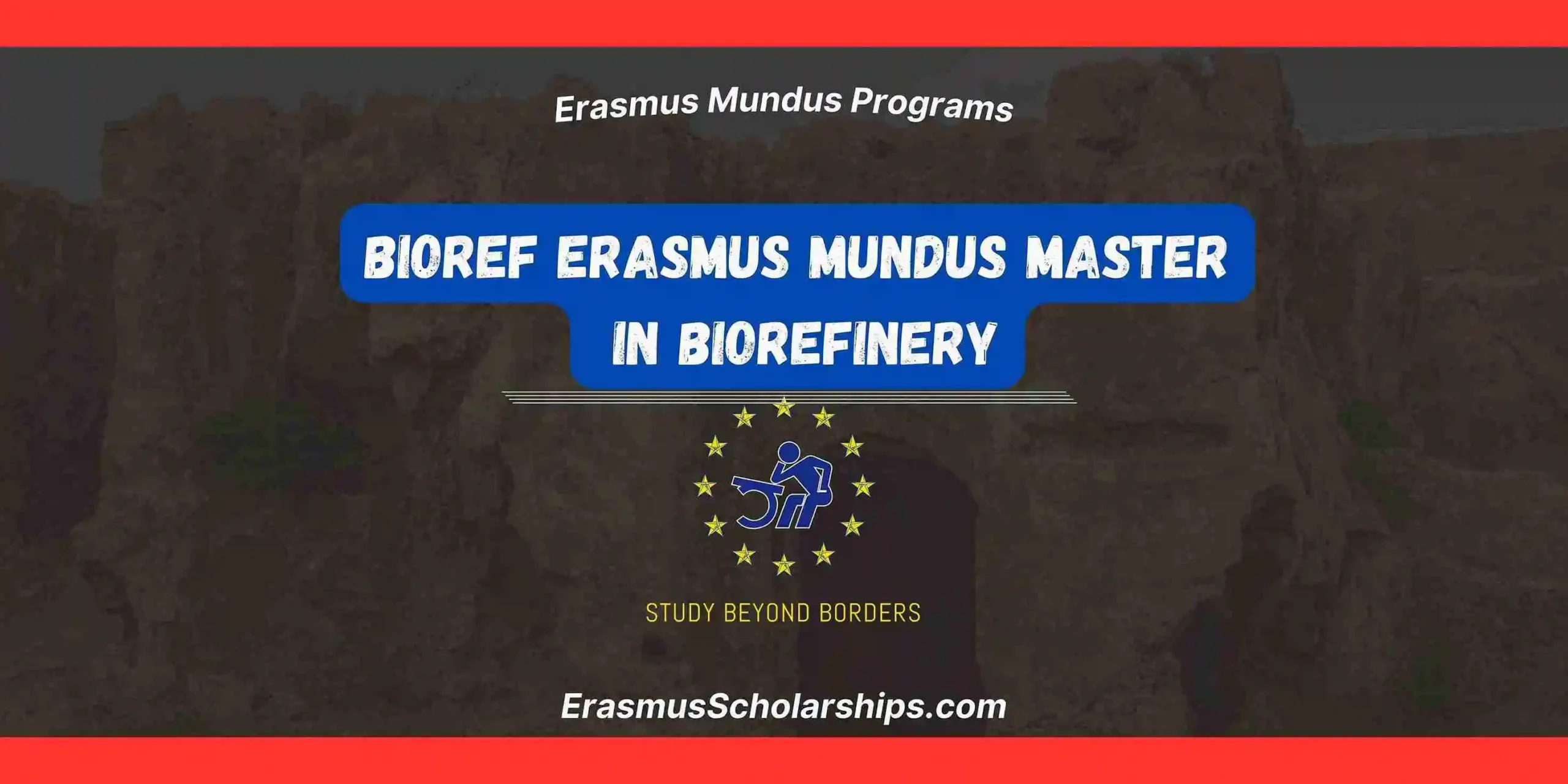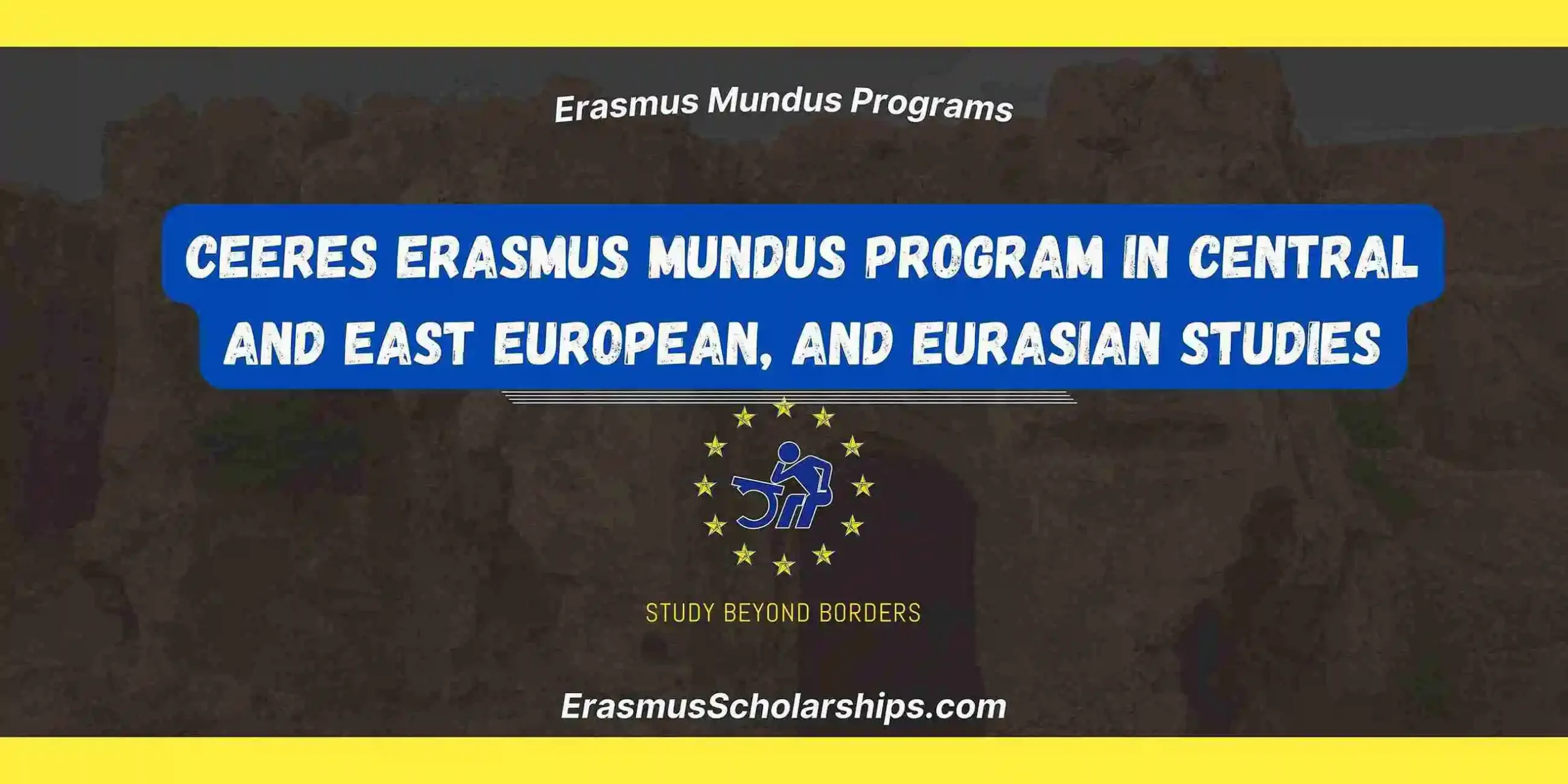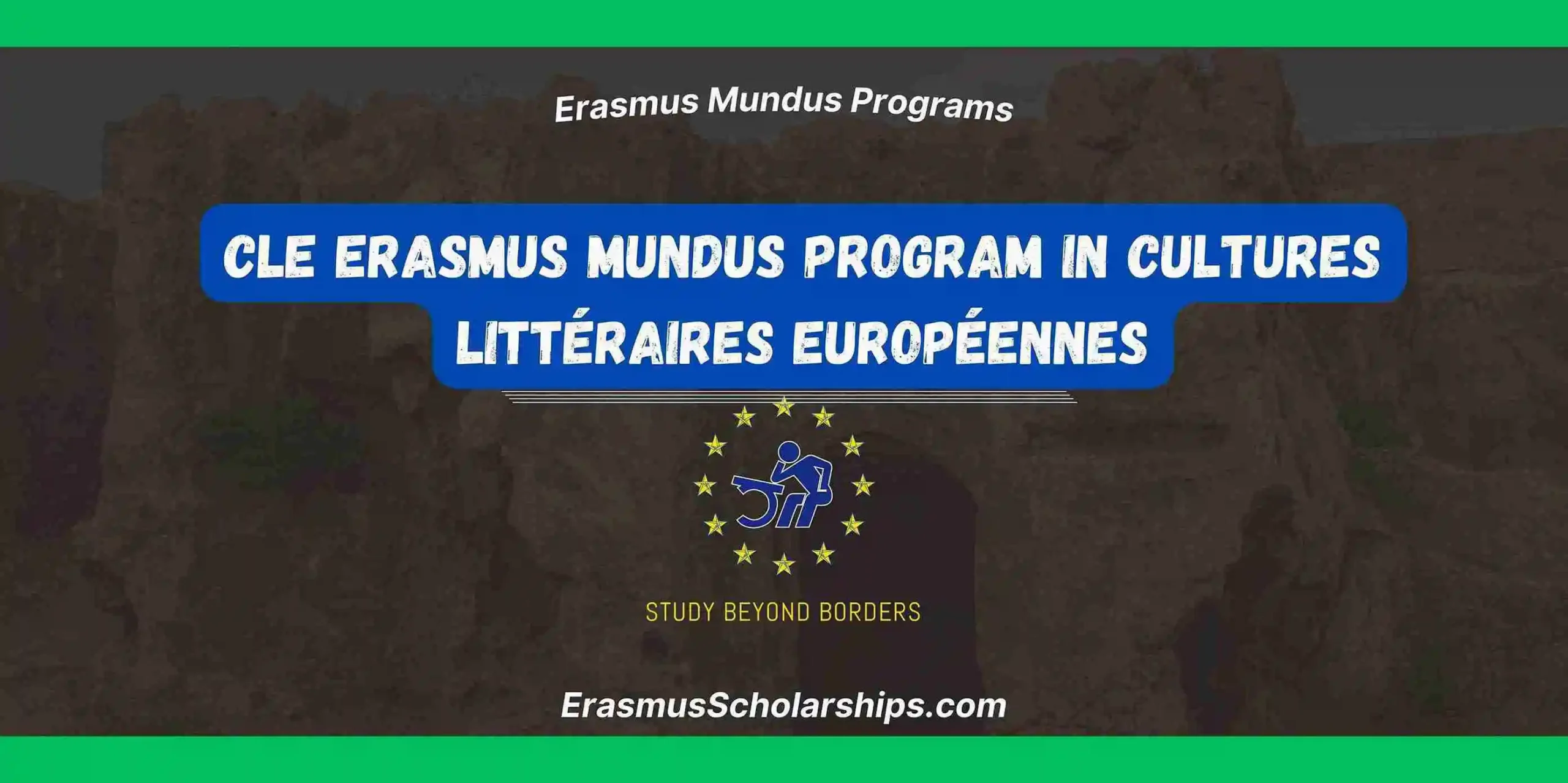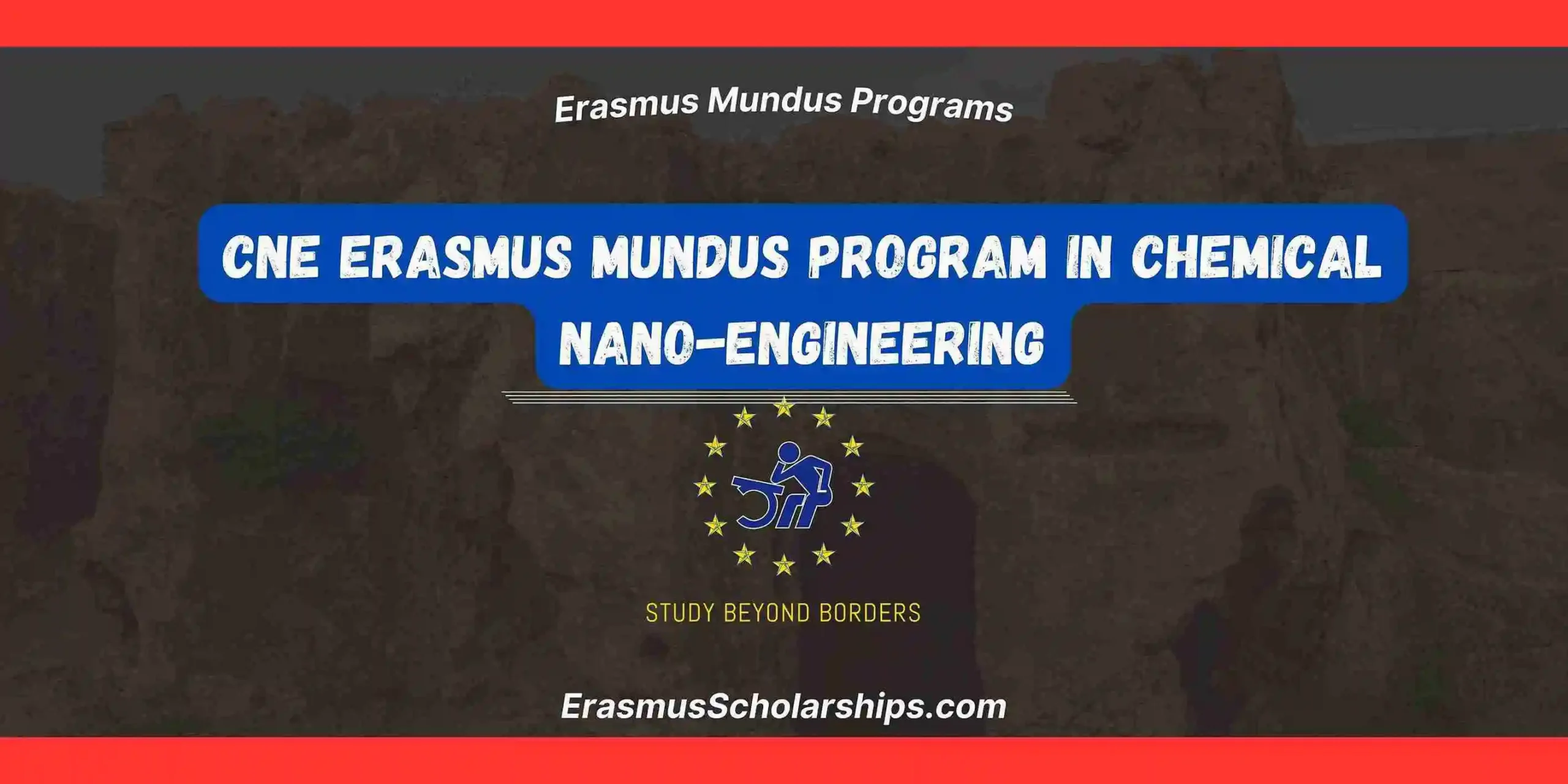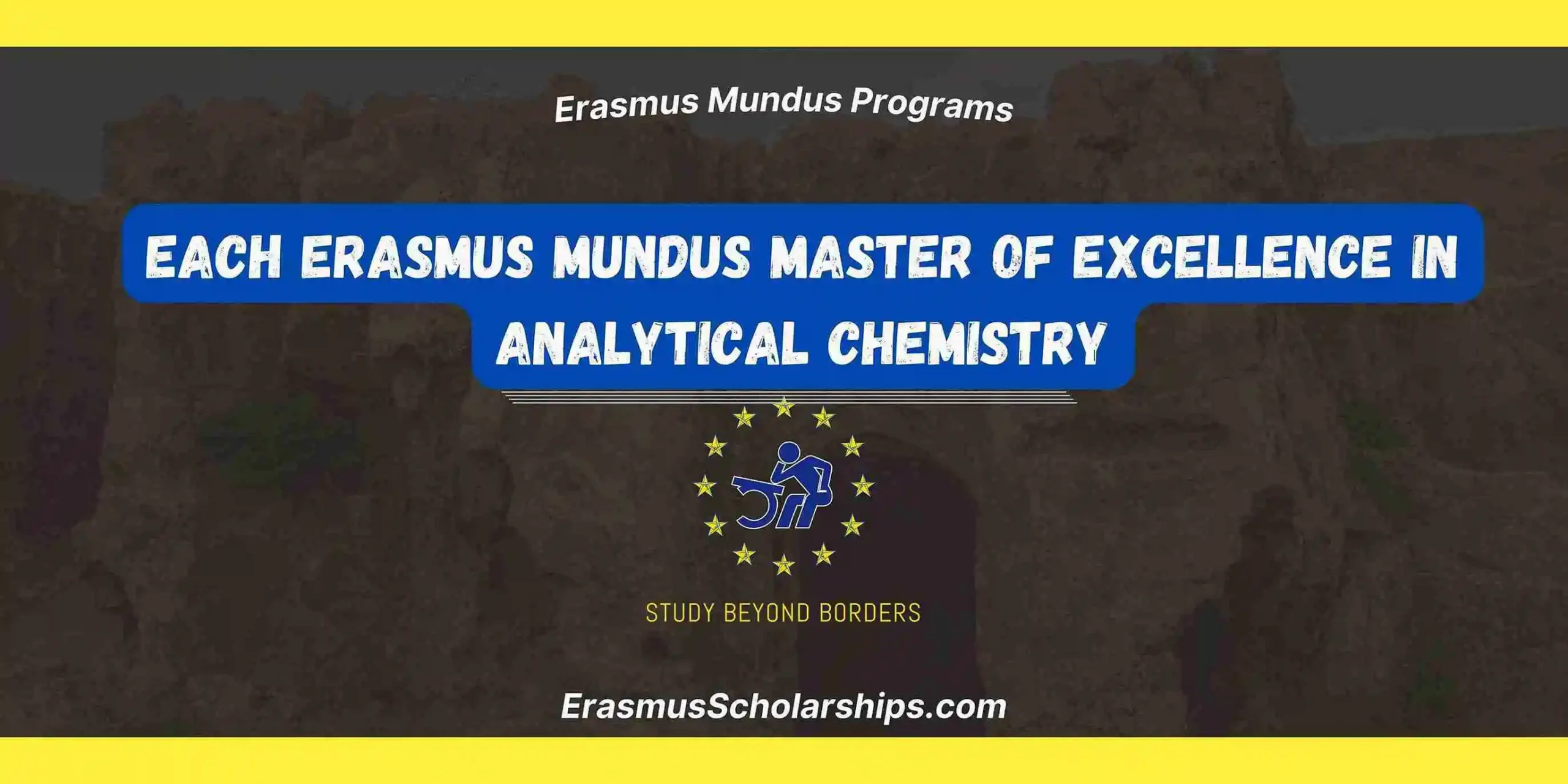The GLOBE Erasmus Mundus is a cutting-edge, two‑year (120 ECTS) master’s program aimed at training the next generation of environmental leaders. Led by Universidad Rey Juan Carlos (Spain) and including Bangor University, Universidade de Lisboa, and Universidad Autónoma de Tlaxcala, GLOBE offers a bold “global change to biodiversity solutions” curriculum across Europe and Mexico.
This program blends rigorous academic training in ecology, biodiversity management, and data analysis with immersive field experiences and summer schools. Students emerge aptly equipped to drive conservation efforts, influence policy, and address environmental challenges through interdisciplinary, research‑led approaches.
Project Status
- Status: Ongoing
- Start date 01-10-2024
- End date 30-11-2030
- Action Type: Erasmus Mundus Joint Master
- Universities Involved
- Countries Involved
The Globe Erasmus Mundus program offers students the opportunity to study at four top-tier universities across Europe.
| Universidad Rey Juan Carlos |
| Bangor University |
| Universidade de Lisboa |
| Universidad Autónoma de Tlaxcala |
| Spain |
| UK |
| Portugal |
| Mexico |
This cross-border collaboration allows students to gain an international perspective while studying and researching in the heart of Europe’s academic and industrial hubs.
Description of the GLOBE Erasmus Mundus Program
GLOBE Erasmus Mundus equips students with interdisciplinary tools to analyze global change drivers and develop actionable biodiversity management strategies. Spanning ecology, social sciences, and data-driven conservation, the program ensures graduates gain experience from local to global scales.
Key Features of the GLOBE Erasmus Mundus Program
- International Mobility: Four semesters in different universities across Europe and Mexico
- Field-Based Learning: Intensive summer school in Tlaxcala, including community and ecosystem engagement
- Multi-Degree Award: Diplomas from URJC, Bangor, ULisboa, and optionally UATx
- Hands-On Curriculum: Focus on data science, governance, field methods, bioeconomy, and ecological management
Mobility Tracks of the GLOBE Erasmus Mundus Program
| Semester | University |
|---|---|
| 1 | URJC, Madrid (Spain) – Intro to global change ecology |
| 2 | Bangor University (UK) – Biodiversity conservation |
| Summer | UATx, Tlaxcala (Mexico) – Summer School (5 ECTS) |
| 3 | Universidade de Lisboa (Portugal) – Environmental management |
| 4 | Master’s thesis at any partner or associated institution |
Admission Requirements
- Bachelor’s degree (≥ 180 ECTS) in biology, environmental sciences, geography, or related fields
- English proficiency CEFR B2 (IELTS ≥5.5, TOEFL ≥72, Cambridge B2 ≥160)
- Motivated profile with academic excellence and passion for ecological/social challenges
- Application documents: degree certificates, transcripts, CV, motivation letter, 2 references, personal video, English proof, declaration of veracity
How to Apply for GLOBE Erasmus Mundus Program
- Applications via URJC online portal
- One platform for both scholarship and self-funded applicants
- Documents needed
- Proof of nationality
- Certificate of degree
- Transcript of records
- Certificates attesting language skills
- Curriculum Vitae
- Personal statement or motivation letter: maximum of 500 words to state why you are interested in GLOBE and how it could affect your professional career and your life at other levels.
- Declaration of veracity.
- Two Reference Letters
- Postgraduate Eligibility Certificate: if your home university does not belong to the European Higher Education Area (EHEA)
- Short Video: a 1-2 minutes short video introducing yourself and explaining why you would like to enrol in the GLOBE Programme.
Tips to Win the GLOBE Erasmus Mundus Program
- Highlight interdisciplinary curiosity—combine ecology with social and data aspects
- Showcase fieldwork, research, and community engagement experiences
- Emphasize adaptability, cultural awareness, and mobility readiness
- Craft a standout motivation letter and strong video introduction
- Secure excellent academic/professional referees
Application Timeline
| Event | Date |
|---|---|
| Application opens | Around October |
| Application deadline | Around December to January |
| Selection announcement & email | May |
| Program start | September |
Curriculum Structure of the GLOBE Erasmus Mundus Program
- Semester 1 (URJC): Global change ecology, data analysis, scientific writing, field course
- Summer School: 3-week ecological immersion in Mexico; 5 ECTS
- Semester 2 (Bangor): Biodiversity conservation via social & applied sciences
- Semester 3 (Lisboa): Environmental management, governance, bioeconomy, field projects
- Semester 4: Master thesis (25 ECTS) at a partner or associated institution
Details of the course curriculum can be found here:
Coordinator Contact
- General Contact Email: project.globe@urjc.es
Alumni Feedback
As a new program, feedback is emerging. The inaugural cohort consists of 24 students selected in May 2025, representing diverse global perspectives and readiness to engage in ecological change.
Frequently Asked Questions (FAQs)
What scholarships are available for the GLOBE Erasmus Mundus Program?
As an EMJMD, GLOBE provides competitive scholarships covering tuition, €1,400/mo living stipend, and travel grants. Typically 80 of 100 spots are covered across four intakes
What academic background is needed for the GLOBE Erasmus Mundus Program?
A B.Sc. in biology, environmental sciences, forestry, geography, natural resources, or equivalent, complete with English B2 level
Can non-EU students apply to the GLOBE Erasmus Mundus Program?
Yes, GLOBE is open worldwide. Scholarships and self‑funded options are equally available to EU and non‑EU applicants.
What mobility requirements does the GLOBE Erasmus Mundus Program have?
Students must complete at least two mobility periods of ≥30 ECTS in countries different from their residence, i.e., the first three semesters in Spain, UK, and Portugal
When does the GLOBE Erasmus Mundus Program start and end?
First edition runs Sept 2025–July 2027, with subsequent editions scheduled in two-year cycles through 2030
Where can I complete my master’s thesis under the GLOBE Erasmus Mundus Program?
During semester four, you can research or complete a technical project at any program partner or associated institution (Europe or Mexico).

